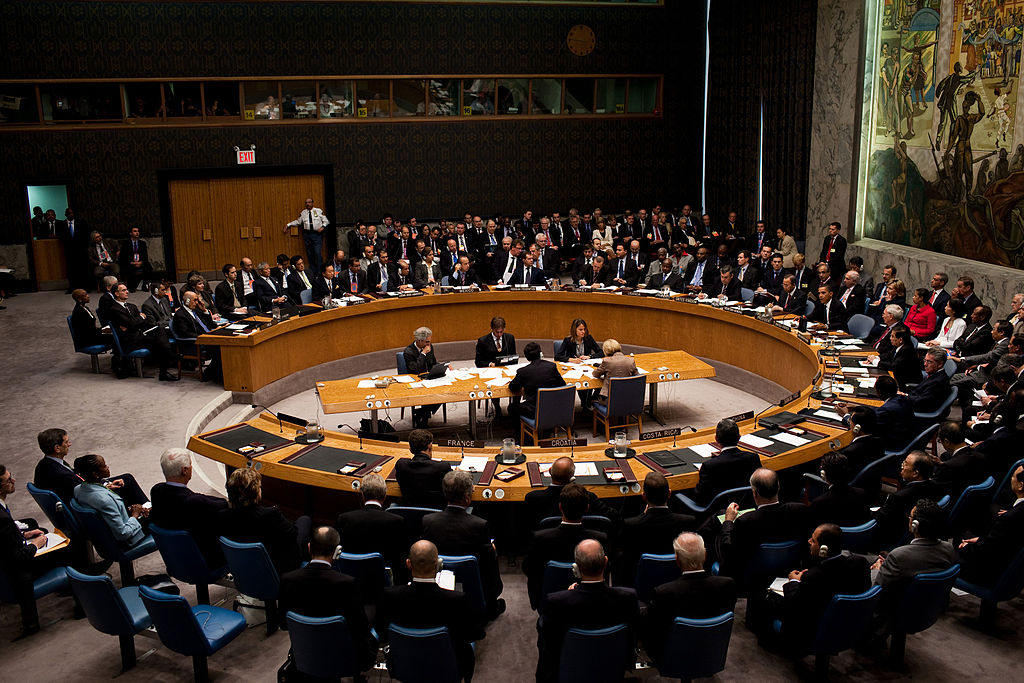
A United Nations expert has condemned the recent Security Council Resolution 2803, asserting that it undermines Palestine’s right to self-determination. The resolution, adopted on November 22, 2024, received support from 13 members of the Security Council, while Russia and China abstained. It endorses a US-led peace plan that includes the establishment of a temporary International Stabilization Force (ISF) to oversee governance in Gaza.
Albanese, appointed as the Special Rapporteur on the situation of human rights in the occupied Palestinian territories, stated that the resolution reinforces Israel’s unlawful presence in Palestinian areas and legitimizes ongoing violence. She emphasized that the resolution fails to adhere to international human rights law and the UN Charter’s principles, particularly those concerning the self-determination of peoples.
The UN Charter, specifically Article 1(2), establishes that relations between states should be based on the “principle of equal rights and self-determination of peoples.” Additionally, Article 2(4) prohibits member states from using force against the territorial integrity or political independence of any state. Albanese pointed out that the resolution legitimizes Israeli control over Palestinians without adequately protecting civilian populations.
In her remarks, Albanese stated, “Rather than charting a pathway toward ending the occupation and ensuring Palestinian protection, the resolution risks entrenching external control over Gaza’s governance, borders, security, and reconstruction.” She criticized the notion of a military force overseen by a “Board of Peace” chaired by the President of the United States, labeling the involvement of an active party in the conflict as problematic.
Citing the International Court of Justice’s Advisory Opinion issued on July 19, 2024, Albanese urged member states to support the “immediate and unconditional withdrawal” of Israeli forces from the occupied territories. She underscored that states have an obligation to assist the Palestinian people in realizing their right to self-determination.
In place of the current resolution, she called on the international community to lift the blockade on Gaza, restore humanitarian access, and support Palestinian self-governance. The resolution’s provisions include the establishment of the ISF, which, along with Israel and Egypt, would be responsible for securing border areas and monitoring humanitarian operations. It also requires the Israel Defense Forces (IDF) to withdraw from Gaza based on a demilitarization schedule agreed upon by the ISF, Israel, and the United States.
The US mission to the UN responded to Albanese’s statements by accusing her of harboring a “years-long pattern of virulent antisemitism and unrelenting anti-Israel bias.” This allegation reflects the contentious atmosphere surrounding discussions of the Israel-Palestine conflict and the diplomatic challenges facing the Security Council.
The UN Security Council previously called for Israeli withdrawal from territories occupied during the Six Days’ War on November 22, 1967. This historic resolution remains a cornerstone in efforts to achieve lasting peace in the Middle East, emphasizing the rights of all states in the region to “live in peace within secure and recognized boundaries.”
As the international community grapples with the implications of the latest resolution, the situation in Gaza and the broader Israeli-Palestinian conflict continues to demand urgent attention and resolution.







